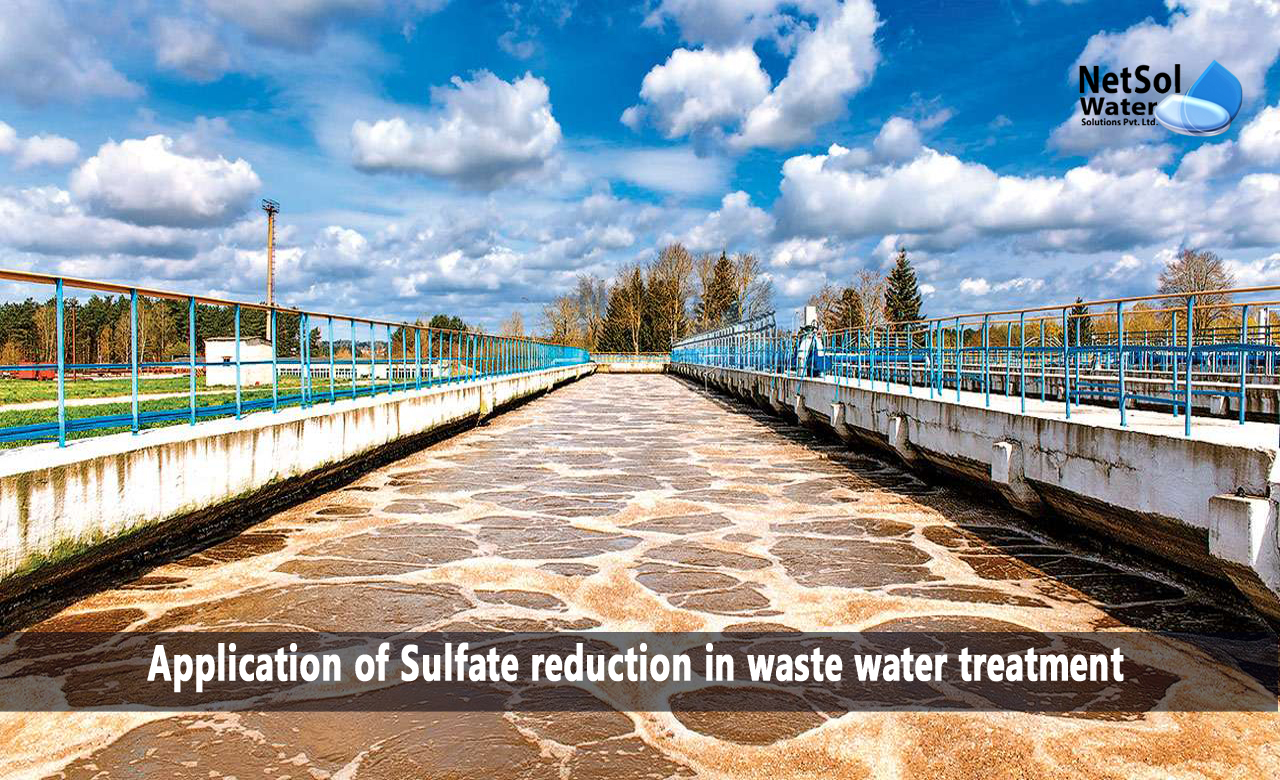Introduction:
Sulfate reduction is an important biological process used in wastewater treatment to remove sulfate and other organic compounds from wastewater. This process involves the use of sulfate-reducing bacteria (SRB) to convert sulfate to sulfide through a complex series of biochemical reactions. Sulfate reduction occurs in an anaerobic environment, which means that there is no oxygen present. This process has several applications in wastewater treatment and has proven to be highly effective in removing sulfate and other organic compounds from wastewater.
What is the application of Sulfate reduction in waste water treatment?
1. Industrial Wastewater Treatment:
Sulfate reduction is widely used in the treatment of industrial wastewater. Industries such as oil and gas, mining, and chemical production generate large volumes of sulfate-rich wastewater, which can be treated using sulfate reduction. The process is particularly effective in removing sulfate and other organic compounds from these wastewaters.
2. Municipal Wastewater Treatment:
Sulfate reduction is also used in municipal wastewater treatment. In many cases, municipal wastewater containshigh levels of sulfate, which can cause issues with the quality of the treated effluent. Sulfate reduction can be used to effectively remove sulfate and other organic compounds from municipal wastewater, resulting in a higher quality effluent.
3. Groundwater Remediation:
Sulfate reduction is also used in groundwater remediation. Groundwater contaminated with sulfate and other organic compounds can be treated using sulfate reduction. The process is effective in removing sulfate and other organic compounds from groundwater, resulting in a cleaner and safer water supply.
4. Bioremediation:
Sulfate reduction can also be used in bioremediation applications. In bioremediation, sulfate-reducing bacteria are used to break down organic contaminants in soil and groundwater. The bacteria consume the organic contaminants and convert them into harmless byproducts. Sulfate reduction is particularly effective in bioremediation applications, as it can remove sulfate and other organic compounds from the contaminated soil or groundwater.
5. Nutrient Removal:
Sulfate reduction can also be used for nutrient removal in wastewater treatment. The process can remove both sulfate and nitrate from wastewater, resulting in a higher quality effluent. This application is particularly useful in areas where there are strict nutrient discharge limits.
6. Energy Recovery:
Sulfate reduction can also be used to recover energy from wastewater. During the sulfate reduction process, sulfide is produced as a byproduct. Sulfide can be used as a chemical reagent or converted into biogas, which can be used as an energy source.
Conclusion:
Sulfate reduction has several applications in wastewater treatment, including industrial wastewater treatment, municipal wastewater treatment, groundwater remediation, bioremediation, nutrient removal, and energy recovery. The process is highly effective in removing sulfate and other organic compounds from wastewater and can result in a higher quality effluent. With its many applications and benefits, sulfate reduction is an important process in wastewater treatment and is likely to continue to be used in the future.
Do you need an advice or assistance on selecting the best water and waste water treatment unit? We have solutions for all your problems!
Let us now your problem, our experts will make sure that it goes away.
For an assistance or related query,
Call on +91-965-060-8473
Or write us at enquiry@netsolwater.com



